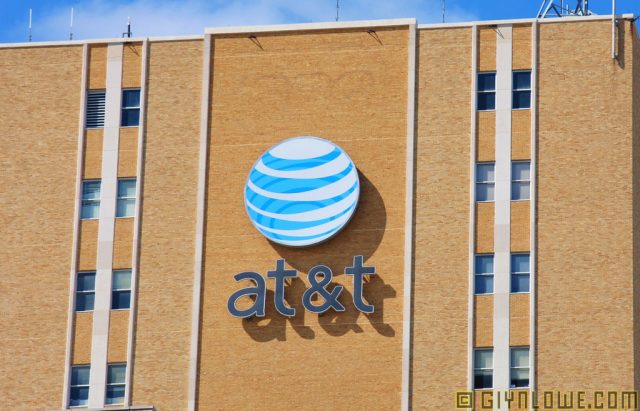
Last year, when AT&T was in the throes of trying to convince federal regulators that its proposed deal to acquire T-Mobile should go through, company executives repeatedly cited the fact that they didn’t have enough spectrum to begin with and needed their smaller competitor’s resources.
On Wednesday, AT&T changed its tune, saying that it would have complete LTE coverage nationwide by 2014, largely driven by its purchases earlier this year of of the 2.3GHz WCS band. Those earlier claims appear now to have been proven to be wrong at best and disingenuous at worst.
"AT&T may have believed that the T-Mobile merger was the best, fastest way to get to a full LTE build, but it’s certainly disingenuous of them to claim that it was the only way for them to get there," said Joshua King, who was an AT&T Wireless vice president from 2000 to 2005 and is now a VP at Avvo, in an interview with Ars. "I wouldn’t call it ‘outright false,’ but I certainly believe they overplayed their hand in a way that was counter-productive."
Back in May 2011, AT&T CEO Randall Stephenson testified before the Senate Judiciary Committee that his company did not own adequate spectrum, particularly in sparsely-populated parts of the country. Sen. Michael Lee (R-UT) put the question directly to Stephenson, asking, "If you were unable to acquire T-Mobile what would your options be as far as developing your 4G LTE network?"
Stephenson replied, "It's a long-term solution. Most of the rural communities that we're speaking to, we would not have the spectrum depth to do the conversion that we need. So, this is one of the big determinants as to whether if we can get to a lot of the rural communities with our LTE build. We need spectrum in those communities. In this classic case, [T-Mobile has] a very nice footprint in West Virginia. We don't have enough spectrum to launch in in West Virginia."
FCC didn't buy it
Later on in 2011, when the FCC killed the AT&T and T-Mobile merger, one of its reasons was because it didn’t believe AT&T’s own analysis that it wouldn’t build out LTE if it didn’t get T-Mobile.
"The staff additionally identifies internal AT&T documents and consistent historical practices that contradict AT&T's claim that merging with T-Mobile is essential for AT&T to build out its LTE network to 97 percent of all Americans," the FCC Bureau Order stated (PDF).
AT&T, of course, fired back days later, writing on a corporate blog that the FCC’s conclusion was totally flawed and "obviously one-sided."
"To argue this, the [FCC staff report] apparently assumes a high enough level of competition exists in rural areas to compel billions of dollars in investment," wrote Jim Cicconi, AT&T Senior Executive Vice President of External & Legislative Affairs. "Yet the report elsewhere argues that the level of wireless competition in more populated areas of America is so fragile that the merger must be disallowed. At the very least, these conclusions show a logical inconsistency."
AT&T wants spectrum, now!
In 2012, AT&T has been very busy getting more and more spectrum with the express purpose of building out its LTE capacity, and the company now claims that it's these new deals that will allow it to be more competitive. In March, the company announced an expansion of LTE service across the country. By August, the company acquired WCS spectrum to the tune of $600 million, a move which was approved by the FCC in September.
"I don’t want to say they are panicked, but [AT&T is] looking at everything at this point," said Weston Henderek, an analyst with Current Analysis, told Bloomberg just last month. "Now they are trying to gobble up as much spectrum as they can and they are going at it more aggressively than they have in the past."
As recently as yesterday, AT&T continued to make statements that it is newly confident in its ability to acquire spectrum and deploy LTE service.
"Even under ideal circumstances, getting new spectrum on the market in the next five to seven years is aggressive," John Stankey, the company’s chief strategy officer, said on a call with investors and analysts on Wednesday. "But what we do know is that AT&T is well-positioned now."
reader comments
44